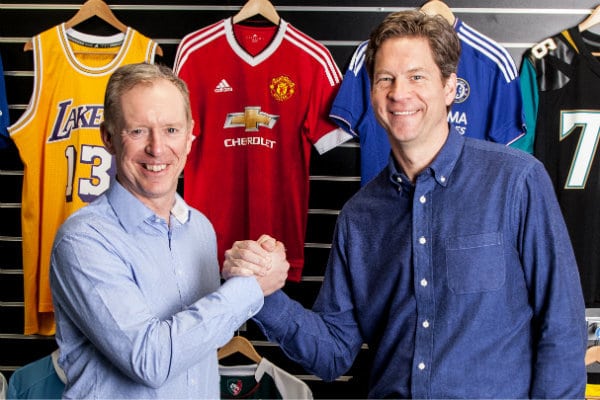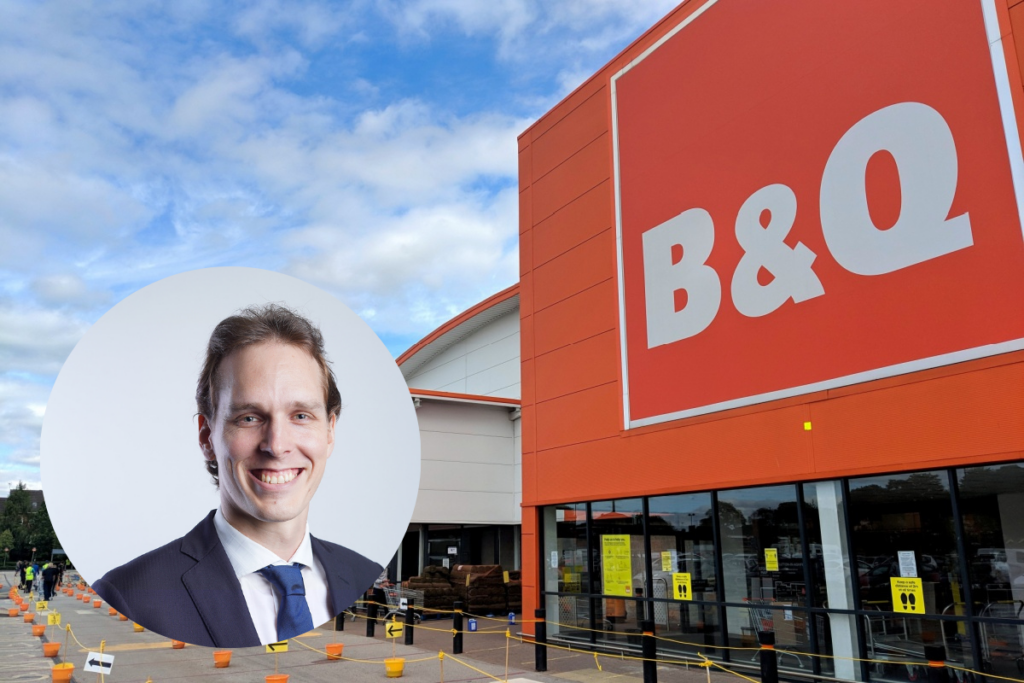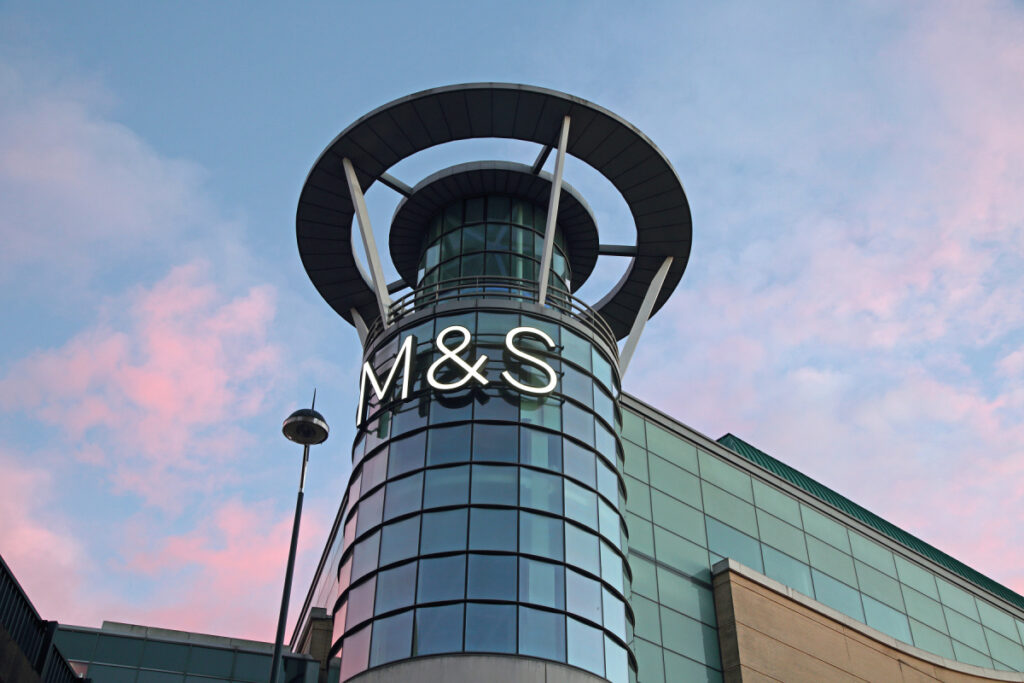Towards the end of 2014, Findel spent months courting suitors for its sporting goods arm Kitbag. Sports Direct founder Mike Ashley for example, had been circling the retailer like a shark, but missed the goal entirely when Findel found harmony with US-based sports merchandise specialist Fanatics earlier this year for £11.5m.
At the head of Fanatics sits Doug Mack, a sports enthusiast much like his new partner and President of Fanatics’ international operations, Andy Anson. I get to speak to both, and am offered condolences at my support for Wrexham.
So what exactly do you get when two leading licensed retailers come together like jigsaw puzzle pieces? The largest sports merchandise specialist in the world.
“Our businesses are very similar, very aligned and very complimentary,” explains Anson.
“We have an owner who is willing to invest, has access to leading tech, has in house product development capabilities – there are things there that we can instantly leverage and bring into our business,” Anson adds. “We‘ll also have scale which means we can do more interesting long term deals and be more innovative in.”
Where Kitbag had the exclusive rights to operate the official online stores for clubs including Manchester United, Chelsea and Real Madrid, Fanatics powers the merchandising websites for National Football League, National Hockey League, Major League Baseball and the National Basketball Association. Now that Fanatics has influence with these European clubs, it has firmly established itself in international sport.
“A major vector is growing our global business together,” said Mack. “The expertise that Kitbag brings in football applies very significantly to the US market, whether it‘s merchandise or industry knowledge. We expect huge growth of football in the US market, and to be able to provide a global platform for all of the teams that need a partner to market themselves globally.”
Both retailers place an emphasis on ecommerce, selling mostly through physical stores owned by the teams and businesses they partner with.
“It‘s been a very smooth, natural transition,” Doug tells me.
“We‘re looking for some quick wins, where the businesses can take things from one another to grow. We have a strong list of easily identifiable things to ensure growth. There‘s so many factors in terms of marketing, technology, reporting, managing inventory and because our models are so similar it‘s been a quick learning curve. We almost can‘t run fast enough because there are so many wins across the business to pursue.”
Mack is confident there‘s a winning formula here, which will involve building on Kitbag‘s current offering, and is dismissive of the uncertainly that clouded the brand before the sale. Following consistently disappointing financial performances, Kitbag only stood to account for a fraction of Findel‘s profits this time last year.
“In order for an ecommerce company to appear confident, it needs to experience consistent double digit growth,” says Mack. “My occupation is looking ahead. If we do a strong job and pursue new opportunities in the market, it should be fairly straightforward to achieve double digit growth.”
This will be easier to do thanks to football, which Kitbag naturally has a strong affiliation with and can be applied very significantly
“The expertise that Kitbag brings in football applies very significantly to the US market, whether it‘s merchandise or industry knowledge. We expect a significant expansion of football within the US market, and to be able to provide a global platform for all of the teams that need a partner to market themselves globally.”
Having healthy business relationships with major sports teams is a key aspect of sporting goods retail. The right to sell a team‘s uniforms and associated merchandise brings in the fans, after all. Kitbag has relationships with nin
RELATED STORIES


















